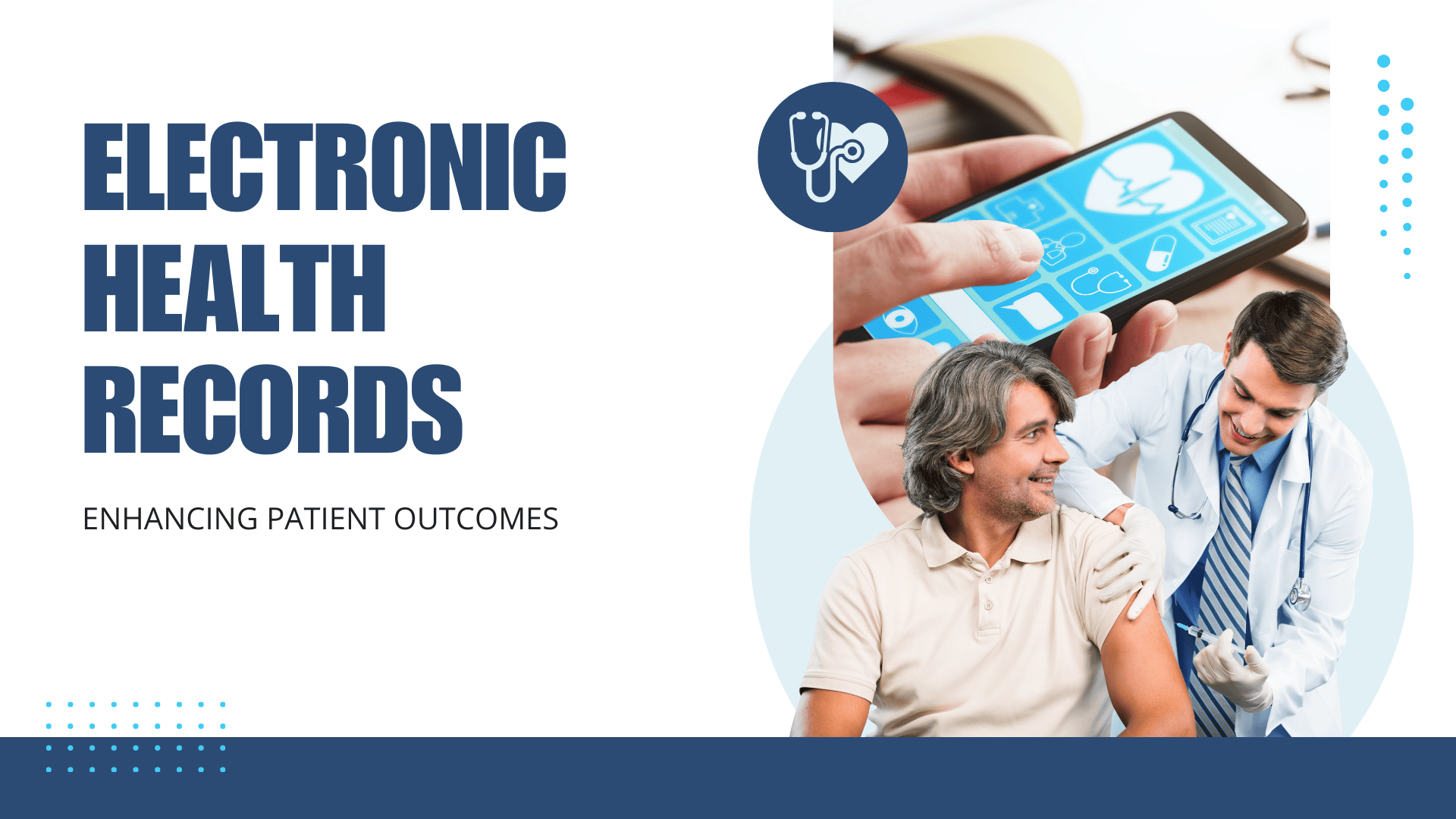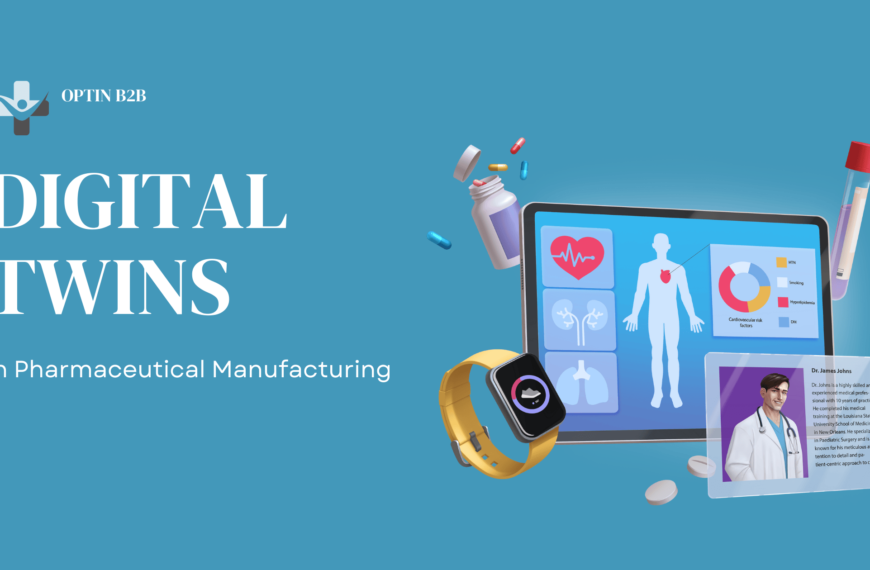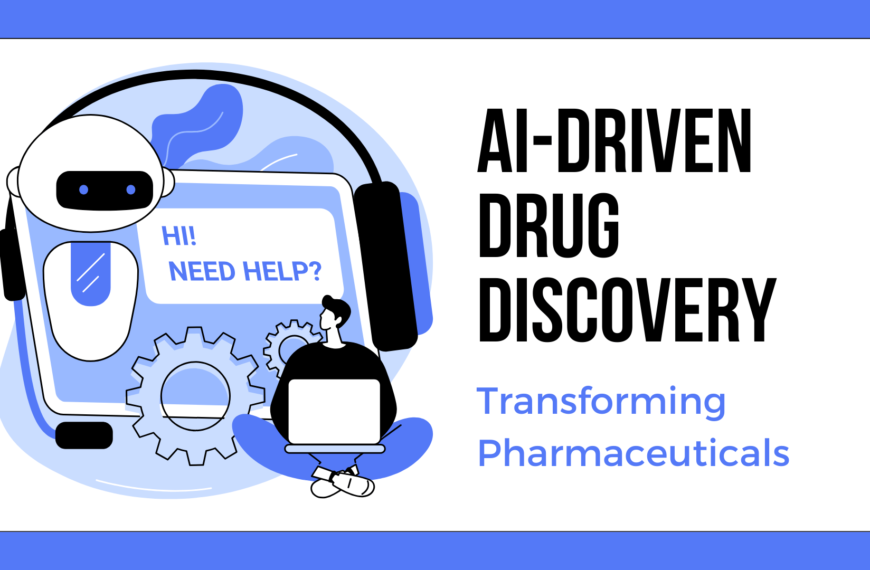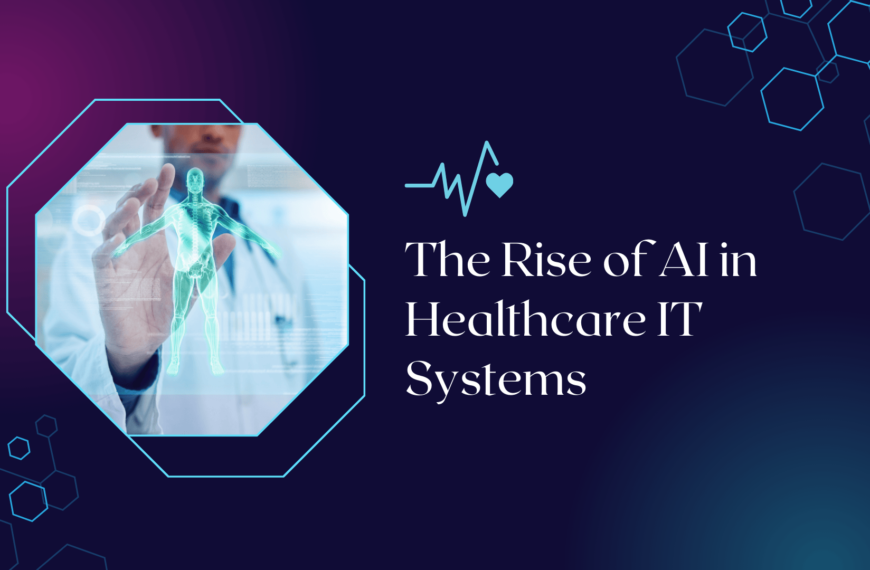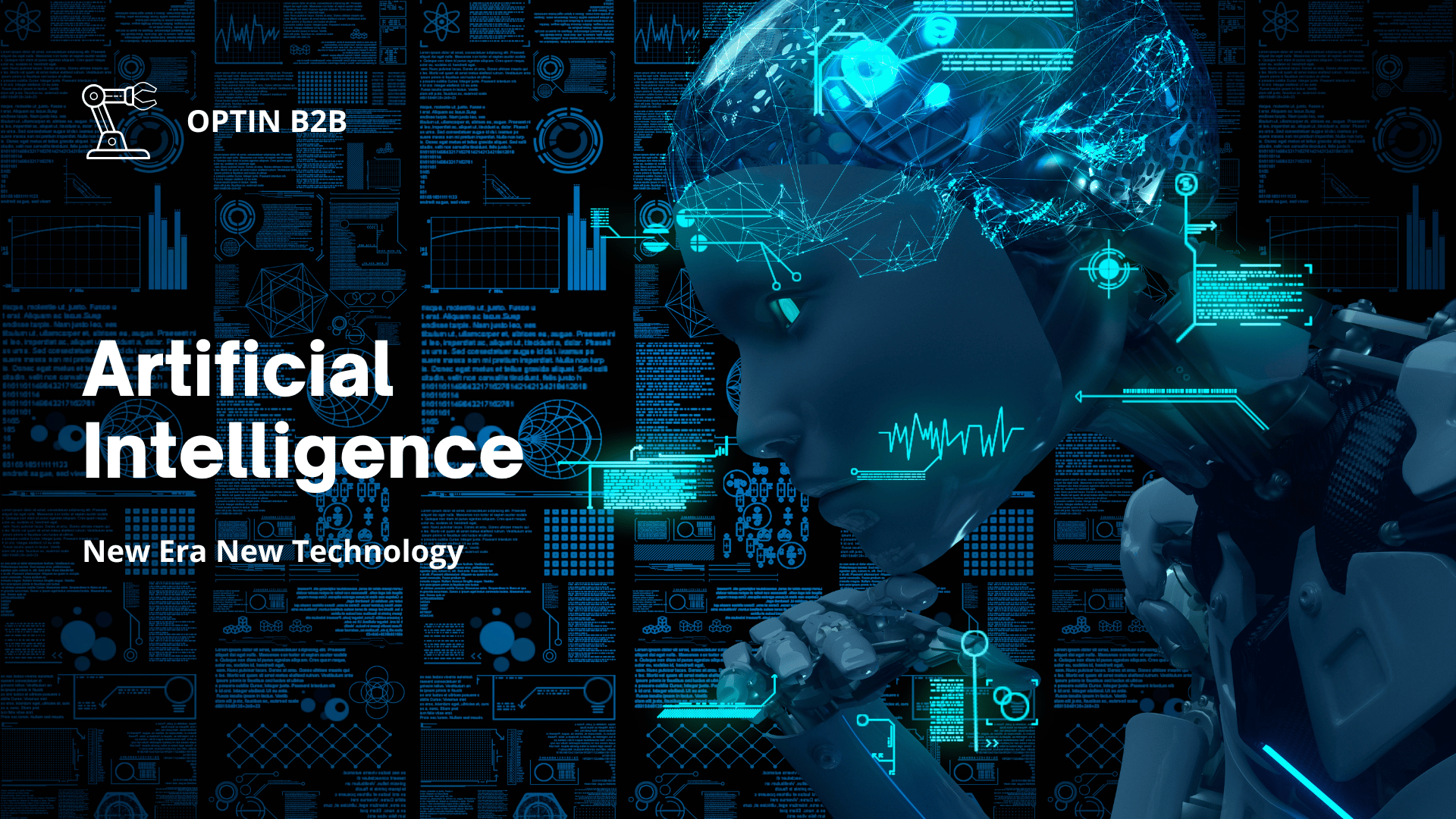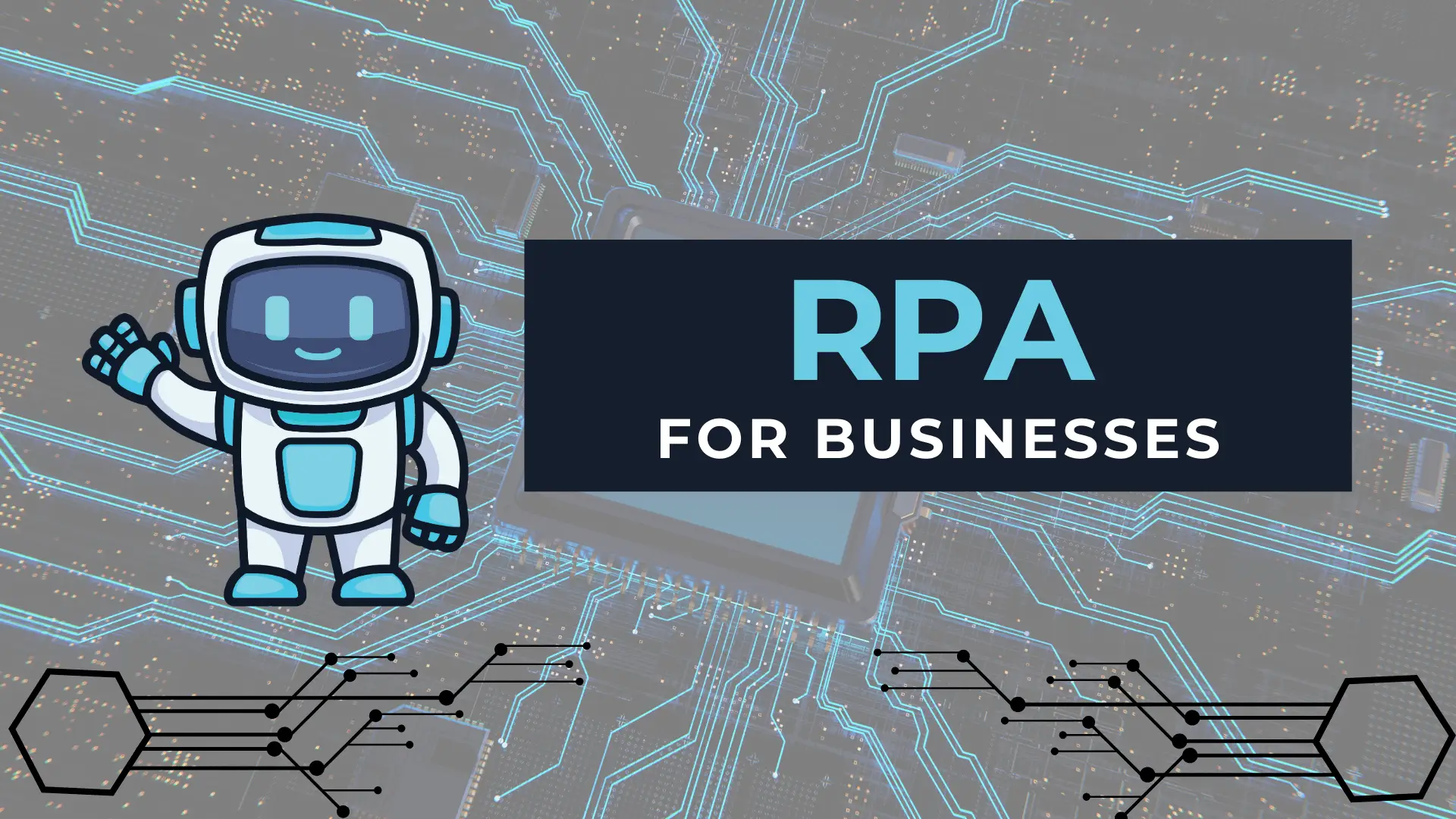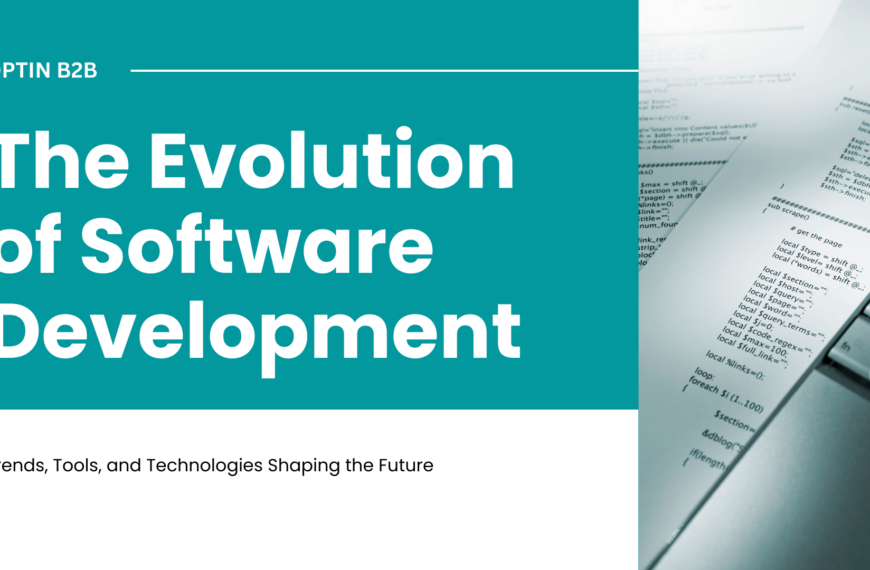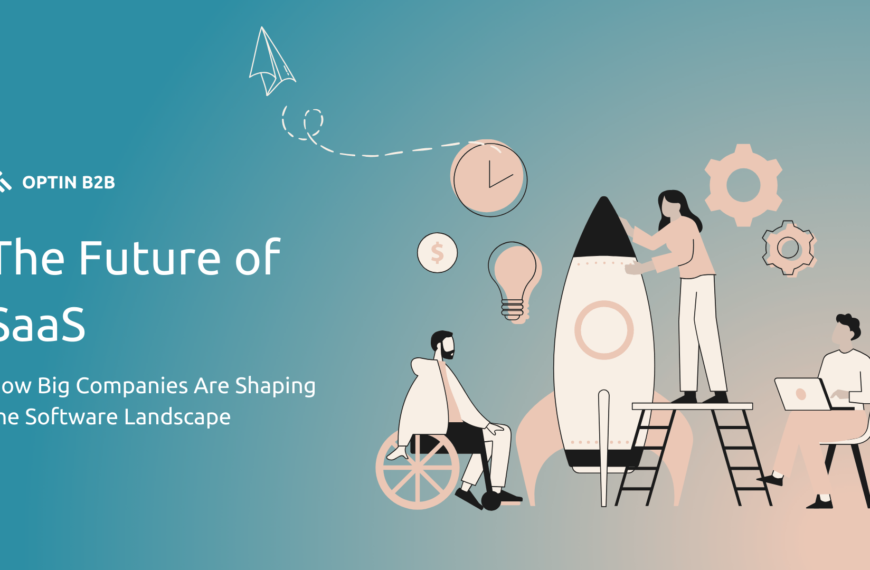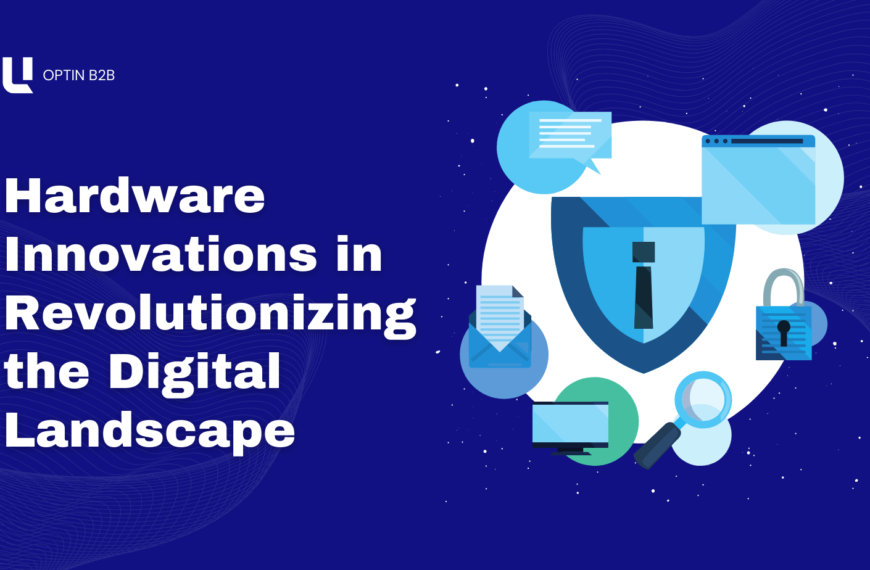Electronic Health Records (EHRs) have become the backbone of modern healthcare IT, streamlining patient care and improving outcomes. These digital records ensure that healthcare providers have access to comprehensive patient histories, facilitating accurate diagnoses and personalized treatments.
Companies like Epic Systems and Cerner have pioneered advanced EHR platforms, integrating data analytics and interoperability features. This enables seamless communication between providers, enhancing coordinated care.
EHRs also reduce administrative burdens, automating tasks like appointment scheduling and billing. This allows healthcare professionals to focus more on patient care.
However, challenges such as data security and user adoption persist. Cybersecurity measures and continuous training programs are crucial to addressing these concerns.
In the coming years, advancements in AI and machine learning are expected to further optimize EHR systems, ensuring they play a central role in healthcare IT innovation.

